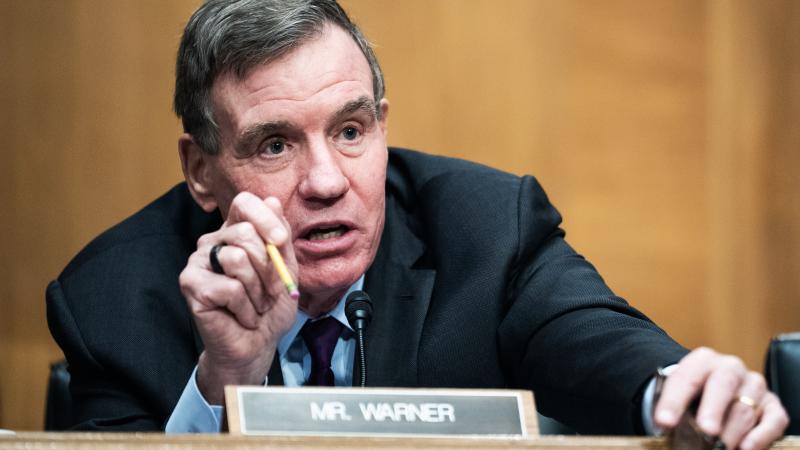Wharton advisory board demands UPenn leadership change after president's testimony
Magill's testimony came alongside that of MIT President Sally Kornbluth and Harvard President Claudine Gay, all of whom demurred on the question of whether calling for a genocide of Jews violated student codes of conduct.
The Wharton Board of Advisors on Thursday called for a change in leadership at the University of Pennsylvania following President Liz Magill's testimony before Congress the day prior in which she addressed a rise in on-campus antisemitism amid the ongoing Israel-Hamas conflict.
Magill's testimony came alongside that of MIT President Sally Kornbluth and Harvard President Claudine Gay, all of whom demurred on the question of whether calling for a genocide of Jews violated student codes of conduct.
"As a result of the University leadership’s stated beliefs and collective failure to act, our Board respectfully suggests to you and the Board of Trustees that the University requires new leadership with immediate effect," the board wrote to Magill, according to KTVZ. "In light of your testimony yesterday before Congress, we demand the University clarify its position regarding any call for harm to any group of people immediately, change any policies that allow such conduct with immediate effect, and discipline any offenders expeditiously."
Wharton is the business school of the University of Pennsylvania and the alma mater of former President Donald Trump. Ivy League institutes have, in recent months, come under intense scrutiny for the myriad anti-Israel demonstrations that have materialized on their campuses.
Among the most notorious was a letter from more than 30 Harvard student groups blaming Israel for the violent Oct. 7 Hamas raid and the ensuing conflict. Gay, in October, was forced to distance the school from its students on the matter.
"As the events of recent days continue to reverberate, let there be no doubt that I condemn the terrorist atrocities perpetrated by Hamas. Such inhumanity is abhorrent, whatever one’s individual views of the origins of longstanding conflicts in the region," she said. "Let me also state, on this matter as on others, that while our students have the right to speak for themselves, no student group — not even 30 student groups — speaks for Harvard University or its leadership."
Ben Whedon is an editor and reporter for Just the News. Follow him on X, formerly Twitter.
















